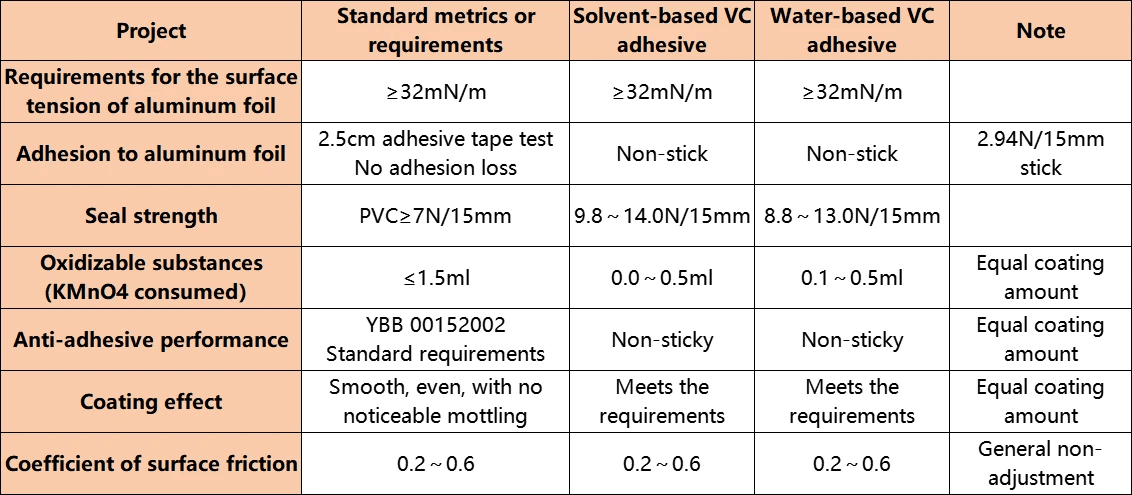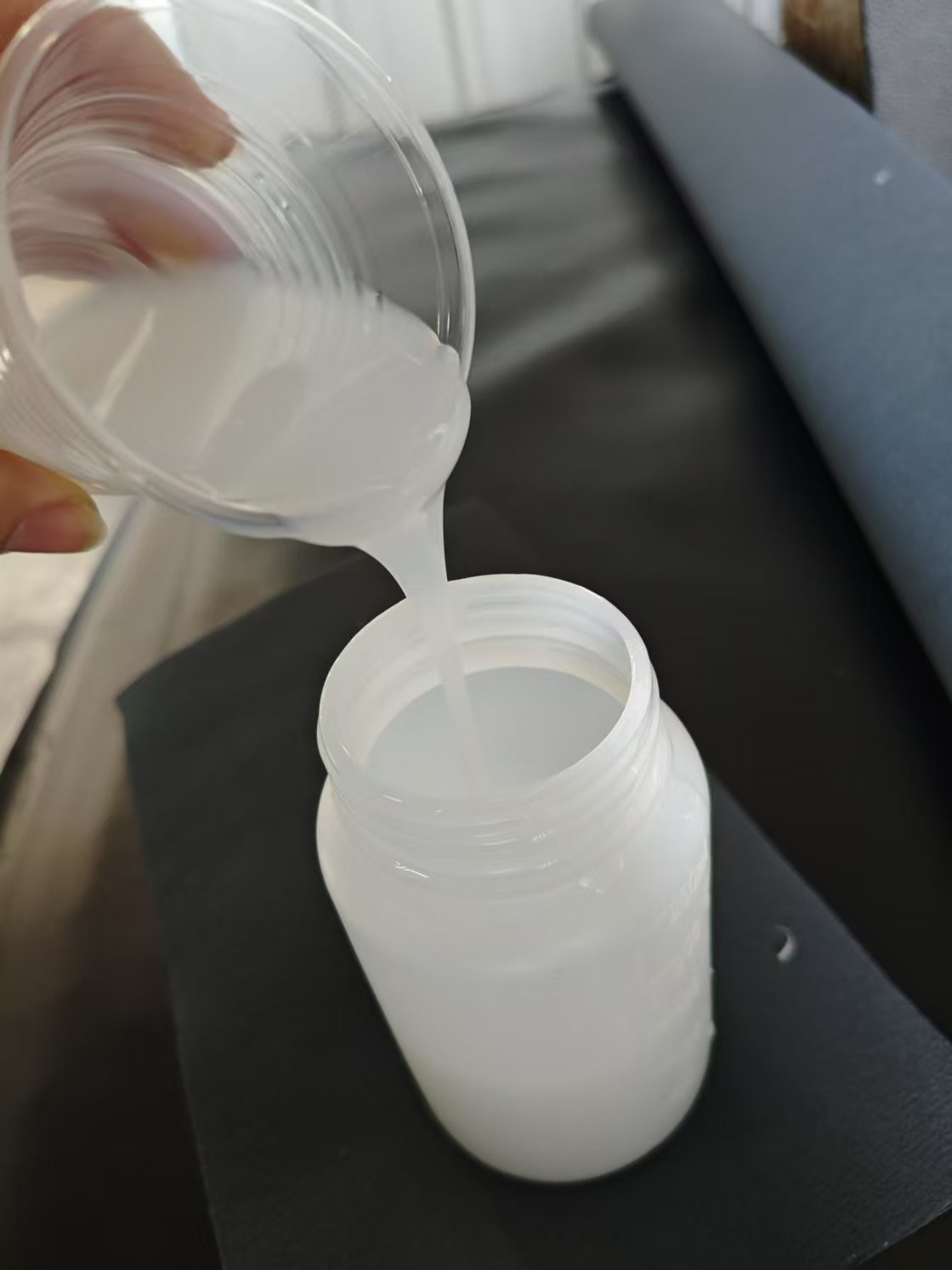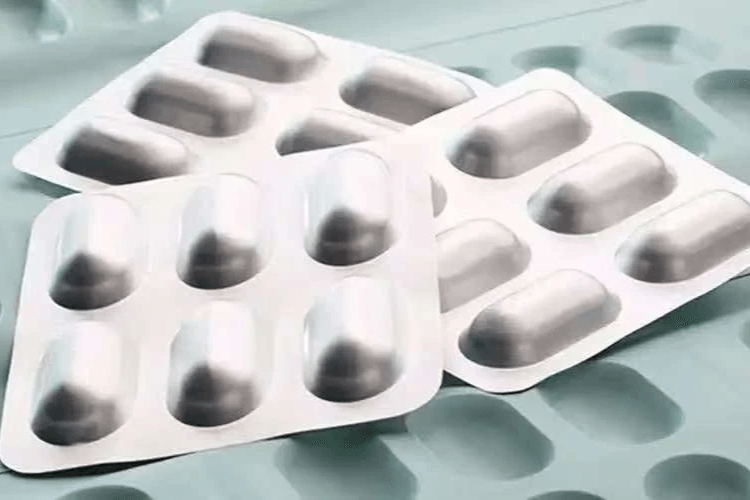Introduction

The water-based adhesive industry has seen significant growth in recent years, driven by increasing demand for environmentally friendly and versatile bonding solutions. As industries worldwide shift towards sustainable practices, water-based adhesives have emerged as a preferred choice among manufacturers and consumers alike. This introduction will explore the benefits of using these adhesives, their formulation, and some key applications that highlight their versatility.
Understanding the Water-Based Adhesive Industry
In the ever-evolving landscape of manufacturing and product development, the water-based adhesive industry plays a crucial role in providing safe and effective bonding solutions. Unlike traditional solvent-based adhesives, water-based formulations utilize water as a primary solvent, making them less harmful to both users and the environment. With a diverse range of products available—from water-based glue to specialized adhesive tapes—this industry continues to innovate to meet various market needs.
Benefits of Using Water-Based Adhesives
One of the most compelling advantages of water-based adhesives is their non-toxic nature, which makes them safer for users and reduces environmental impact. These adhesives also offer excellent adhesion properties while being easy to clean up with just soap and water—an attractive feature for both manufacturers and DIY enthusiasts alike. Additionally, advancements in technology have led to improved performance characteristics, making them suitable for a wide array of applications across various sectors.
Key Applications and Examples
Water-based adhesive examples are abundant across different industries, showcasing their versatility in use. For instance, in packaging, water-based adhesive tape is widely utilized due to its strong bonding capabilities while remaining environmentally friendly. Other notable applications include textiles where these adhesives provide durable bonds without compromising fabric integrity or comfort—illustrating just how integral they are becoming in modern manufacturing processes.
The Basics of Water-Based Adhesive Formulation

Understanding the formulation of water-based adhesives is crucial for anyone involved in the water-based adhesive industry. These formulations are not just a mix of ingredients; they are carefully crafted blends that ensure optimal performance, safety, and versatility in various applications. By grasping the fundamentals of water-based adhesive formulation, manufacturers can create products that meet specific requirements while addressing environmental concerns.
Components of Water-Based Adhesives
Water-based adhesives are primarily composed of a few essential components: polymers, solvents (mainly water), additives, and fillers. The polymer serves as the backbone of the adhesive, providing strength and flexibility once cured. Solvents like water help in application but evaporate during drying, leaving behind a strong bond—making them ideal for various water-based glue applications.
Additives play a pivotal role in enhancing performance characteristics such as adhesion strength, drying time, and resistance to environmental factors. Fillers can also be included to adjust viscosity or reduce costs without compromising quality. Understanding these components allows water-based adhesive manufacturers to innovate and tailor their products for different uses across industries.
Types of Water-Based Adhesives
The variety within the water-based adhesive industry is vast, with several types tailored for specific applications. Common categories include polyvinyl acetate (PVA) adhesives used in woodworking and paper bonding; polyurethane dispersions (PUDs) that offer excellent durability; and acrylic emulsions known for their versatility across surfaces like textiles and plastics.
Water-based adhesive tape is another popular product category that showcases how these formulations can be adapted into convenient formats for everyday use. Each type has its unique properties making it suitable for various tasks—from crafting hobbies to industrial manufacturing processes—demonstrating just how flexible water-based glue can be.
The Role of Polymer Chemistry
At the heart of any effective water-based adhesive formulation lies polymer chemistry, which dictates how well an adhesive performs under different conditions. Polymers determine key properties such as adhesion strength, elasticity, and resistance to temperature changes or moisture exposure—factors critical in ensuring long-lasting bonds in real-world applications.
Understanding polymer chemistry also helps manufacturers innovate by creating new formulations that enhance performance without compromising safety or environmental standards—a growing concern within the industry today. As researchers continue to explore new polymer types and combinations, we can expect exciting advancements that will redefine what’s possible within the realm of water-based adhesives.
The Manufacturing Process Explained

The manufacturing process of water-based adhesives is a fascinating journey that begins with sourcing raw materials and ends with the final product ready for various applications. Understanding this process is crucial for anyone interested in the water-based adhesive industry, especially given the variety of formulations and applications available today. Each step in this process contributes to creating effective and reliable water-based glue that meets market demands.
Sourcing Raw Materials
Sourcing raw materials is the foundation of any successful water-based adhesive formulation, as it determines the quality and performance of the final product. Water-based adhesive manufacturers typically seek high-quality polymers, solvents, and additives to ensure their adhesives perform well across different applications. The careful selection of these components not only influences adhesion properties but also plays a significant role in environmental sustainability within the water-based adhesive industry.
In recent years, there has been a marked shift towards eco-friendly raw materials, which aligns with consumer preferences for non-toxic solutions. This trend has led many manufacturers to explore bio-based options that can replace traditional petroleum-derived components in water-based glue formulations. By prioritizing sustainable sourcing practices, companies can contribute positively to both their products’ performance and environmental impact.
Mixing and Emulsifying Adhesives
Once raw materials are sourced, the next stage involves mixing and emulsifying adhesives to achieve a stable formulation. This process requires precision and expertise because achieving an ideal consistency is key to ensuring optimal performance in various applications like water-based adhesive tape or specialty glues used in construction and textiles. Proper emulsification helps distribute ingredients evenly, enhancing adhesion properties while preventing phase separation over time.
During this stage, manufacturers often utilize advanced mixing technologies that allow for better control over particle size distribution and viscosity adjustments. These innovations lead to more efficient production processes while maintaining high-quality standards essential for success in the competitive water-based adhesive industry. Furthermore, continuous improvements in mixing techniques enable manufacturers to experiment with new formulations that can cater to emerging market needs.
Quality Control Measures
Quality control measures are vital throughout every stage of manufacturing water-based adhesives since they directly affect product reliability and customer satisfaction. Manufacturers implement rigorous testing protocols at various checkpoints—from raw material inspection through mixing processes—to ensure compliance with industry standards before reaching consumers’ hands. These measures not only help maintain consistency across batches but also enhance trust among users of products like water-based adhesive tape or specialty glues.
In addition to routine inspections, many companies invest in advanced analytical equipment capable of detecting minute changes in chemical composition or physical properties during production runs. This proactive approach allows manufacturers to address potential issues early on—saving time, resources, and ultimately improving product performance within the broader landscape of the water-based adhesive industry. As regulations continue evolving globally regarding safety standards for adhesives, implementing robust quality control measures becomes even more critical for long-term success.
Innovative Water-Based Adhesive Examples

In the dynamic landscape of the water-based adhesive industry, innovation is key to meeting diverse needs and applications. Manufacturers are continually developing new variations of water-based adhesives that cater to specific requirements in various sectors. From eco-friendly formulations to high-performance glues, the range of water-based adhesive examples is expanding rapidly.
Exploring Water-Based Glue Variations
Water-based glue comes in numerous formulations, each designed for unique applications and performance characteristics. Some variations include PVA (polyvinyl acetate), which is popular for woodworking and crafts due to its strong bonding capabilities and ease of use. Additionally, there are modified versions that enhance flexibility or heat resistance, making them suitable for more demanding environments.
The versatility of these water-based glue variations means they can be used in everything from everyday household projects to industrial manufacturing processes. For instance, some manufacturers focus on creating adhesives that bond porous materials like paper or wood seamlessly while others develop specialized formulations for textiles or plastics. This breadth of options allows consumers and industries alike to select the perfect adhesive for their specific needs within the water-based adhesive industry.
Popular Water-Based Adhesive Tape Types
When it comes to convenience and ease of use, water-based adhesive tape reigns supreme in many applications. These tapes utilize a variety of water-based adhesives that provide strong adhesion while remaining user-friendly and easy to handle. Common types include double-sided tapes used in crafting and mounting applications as well as masking tapes favored by painters for their clean removal properties.
Water-based adhesive tape is particularly valued in packaging industries where sustainability is a growing concern; many manufacturers are now producing biodegradable options that still maintain high performance standards. This trend reflects a broader movement within the water-based adhesive industry toward environmentally friendly solutions without sacrificing quality or effectiveness. As demand increases, we can expect even more innovative tape products featuring advanced adhesion technologies tailored for specific uses.
Specialty Applications in Various Industries
The specialty applications for water-based adhesives span a wide range of industries, showcasing their adaptability and effectiveness across different fields. In construction, these adhesives are often utilized for flooring installations due to their ability to bond securely while minimizing harmful emissions—a critical factor given modern building regulations focusing on indoor air quality.
In the textile industry, water-based adhesives play an essential role in garment assembly processes where flexibility and washability are crucial requirements; this ensures that finished products maintain durability through multiple washes without compromising comfort or fit. Moreover, automotive manufacturers have begun incorporating these adhesives into vehicle assembly lines as they offer excellent bonding strength with reduced environmental impact compared to traditional solvent-based options.
As we delve into these innovative examples within the water-based adhesive industry, it becomes evident that advancements continue paving the way toward more efficient solutions tailored specifically for various applications across multiple sectors.
Challenges in the Water-Based Adhesive Industry

The water-based adhesive industry faces several challenges that can impact its growth and innovation. While these adhesives are known for their eco-friendliness, performance issues often arise, necessitating a delicate balance between sustainability and effectiveness. Additionally, environmental considerations and regulatory compliance play crucial roles in shaping the future of water-based adhesive formulation.
Addressing Performance Issues
One of the primary challenges within the water-based adhesive industry is ensuring that these products meet performance expectations comparable to their solvent-based counterparts. Water-based glue may struggle with bonding strength or drying times, particularly in high-demand applications like construction or automotive industries. Water-based adhesive manufacturers are continuously working to enhance formulations to address these performance concerns while maintaining their eco-friendly advantages.
Another aspect of performance issues is moisture resistance; many water-based adhesives can weaken when exposed to humidity or water over time. This limitation can be a deal-breaker for certain applications, especially those involving outdoor use or exposure to liquids. To overcome this hurdle, ongoing research and development are crucial in creating innovative water-based adhesive examples that offer improved durability without compromising environmental integrity.
Environmental Considerations
While the water-based adhesive industry prides itself on being more environmentally friendly than traditional adhesives, it still faces scrutiny regarding its overall sustainability practices. For instance, sourcing raw materials responsibly is essential; some components may still have negative environmental impacts if not managed properly. As consumers become increasingly eco-conscious, there’s pressure on manufacturers to ensure that every aspect of their production aligns with sustainable practices.
Moreover, even though water-based adhesives typically emit fewer volatile organic compounds (VOCs), there are concerns about other chemicals used in formulations that could pose health risks during application or disposal. This leads to a growing demand for transparency from manufacturers regarding ingredient sourcing and potential impacts on both human health and the environment. Addressing these environmental considerations will be key for suppliers looking to thrive in a competitive market driven by sustainability.
Regulatory Compliance and Standards
Navigating regulatory compliance is another significant challenge faced by those within the water-based adhesive industry. Different regions have varying standards concerning VOC emissions, chemical safety, and product labeling requirements that manufacturers must adhere to—often complicating global distribution efforts for products like water-based adhesive tape or specialty glues used across multiple sectors. Staying informed about evolving regulations ensures companies remain compliant while avoiding potential legal pitfalls.
Furthermore, achieving certification from recognized bodies can bolster consumer confidence but also adds layers of complexity for manufacturers aiming to meet stringent guidelines without sacrificing product quality or innovation speed. The need for ongoing testing and documentation further strains resources but is essential for long-term success in this competitive landscape of water-based adhesive formulation options available today.
In summary, addressing performance issues alongside environmental considerations and regulatory compliance will determine how effectively players within the water-based adhesive industry adapt and thrive moving forward.
Spotlight on Chemix's Water-Based Resin Solution

In the ever-evolving water-based adhesive industry, Chemix stands out with its innovative water-based resin solutions. These products are designed to meet modern needs while emphasizing sustainability and performance. As consumers and manufacturers alike become more eco-conscious, the demand for sustainable materials in adhesive formulations has never been higher.
Sustainable Materials for Modern Needs
Chemix’s commitment to sustainability is reflected in its use of renewable resources in their water-based adhesive formulation. By prioritizing bio-based ingredients, Chemix not only reduces environmental impact but also enhances the performance of their adhesives. This proactive approach positions them as a leader among water-based adhesive manufacturers who are striving to create greener alternatives without compromising quality.
The incorporation of sustainable materials allows Chemix to produce adhesives that align with current market demands while supporting environmental stewardship. This is particularly relevant as industries seek to minimize their carbon footprint and comply with stricter regulations concerning chemical usage. With a focus on sustainable practices, Chemix exemplifies how the water-based adhesive industry can adapt to modern challenges.
Benefits of Non-Toxic Adhesive Solutions
One of the standout features of Chemix's offerings is their non-toxic nature, which addresses growing concerns about health and safety in various applications. Unlike traditional adhesives that may contain harmful solvents or chemicals, these water-based glue options provide peace of mind for users across different sectors. The non-toxic properties make them ideal for use in environments where safety is paramount, such as schools and healthcare facilities.
Moreover, non-toxic solutions contribute positively to indoor air quality since they emit fewer volatile organic compounds (VOCs). This factor not only enhances user experience but also aligns with global efforts to create healthier living spaces. As awareness grows about the dangers associated with toxic chemicals, more consumers are turning towards safe alternatives available within the water-based adhesive industry.
Applications in Coatings and Textiles
Chemix’s water-based resin solutions find extensive applications across various sectors including coatings and textiles—two areas where performance is critical. In coatings, these adhesives provide excellent adhesion properties while maintaining flexibility and durability over time; essential attributes for both decorative and protective purposes. Similarly, when used in textiles, they offer superior bonding strength without compromising fabric integrity or feel.
Water-based adhesive tape options from Chemix further demonstrate versatility by catering to diverse needs ranging from packaging to crafting projects that require reliability without excessive mess or cleanup hassles. The adaptability of these products showcases how innovative formulations can lead to effective solutions tailored for specific applications within the industry landscape. As such examples continue emerging from leading players like Chemix, it’s clear that creativity drives progress within the broader realm of water-based adhesives.
Conclusion
In the ever-evolving landscape of the water-based adhesive industry, it's clear that these eco-friendly solutions are paving the way for sustainable practices across various sectors. As awareness grows about the benefits of using water-based adhesives, manufacturers are stepping up to innovate and refine their formulations. With an increasing demand for non-toxic options, the future looks bright for water-based adhesives, making them a staple in both industrial and consumer markets.
The Future of Water-Based Adhesives
The future of the water-based adhesive industry is poised for significant growth as industries shift towards more sustainable practices. Water-based adhesive manufacturers are investing in research and development to enhance performance while maintaining environmental integrity. This trend not only supports eco-conscious consumers but also aligns with global efforts to reduce harmful emissions and waste.
Advancements in Adhesive Technology
Recent advancements in adhesive technology have led to remarkable innovations within the realm of water-based adhesives. Enhanced water-based adhesive formulations now boast improved bonding strength, faster curing times, and greater resistance to environmental factors like heat and moisture. Furthermore, innovative water-based glue variations are emerging that cater to specialized applications, from construction materials to intricate crafts.
Why Choose Water-Based Adhesives Today
Choosing water-based adhesives today means opting for a safer alternative that doesn't compromise on performance or versatility. The wide range of applications—from everyday household uses to industrial-grade products—demonstrates their adaptability across various fields like packaging and textiles. Additionally, with popular products such as water-based adhesive tape gaining traction, consumers can enjoy reliable adhesion without the worry of toxic chemicals.
